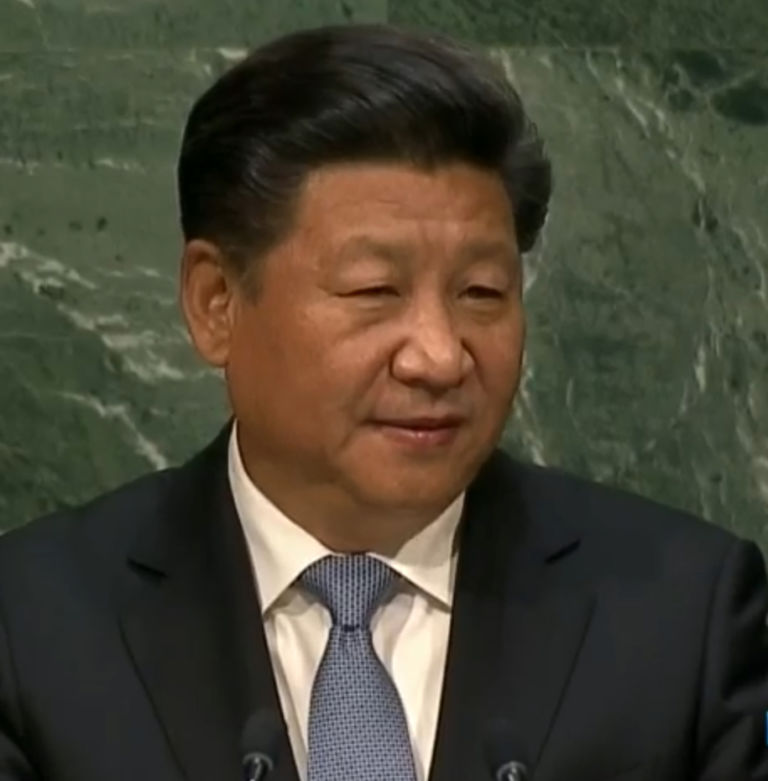Tim Kane has an interesting piece in the Washington Post, arguing that the Pentagon in general and the Army in particular does a poor job of managing people:
The Army has bled talent for decades, a consequence of a deeply dysfunctional organization that poorly matches jobs with talent and doesn’t trust its officers to make choices about their own careers.
The solution, however, isn’t beyond reach. The next step in the evolution of the Pentagon’s leadership system should be what I call a “total volunteer force”—one that treats officers as human capital with autonomy rather than as physical capital in inventory.
and
Rather, junior officers are generally limited to rank-ordering the base locations they prefer. Commanders are limited to making a “by-name request” of some officers, but this is more often than not ignored by higher-ups. Labor supply is coordinated with labor demand by large bureaucracies that haven’t changed much since Harry Truman was president in the 1950s.
Why does this nonsensical and anachronistic approach persist? The mantra from the central planners in the bowels of the Pentagon has always been that the “needs of the military come first.” That’s dumb. Smart organizations in the private sector have learned that putting employees’ needs first—ahead of corporate ones—only seems unproductive to short-term thinkers.


